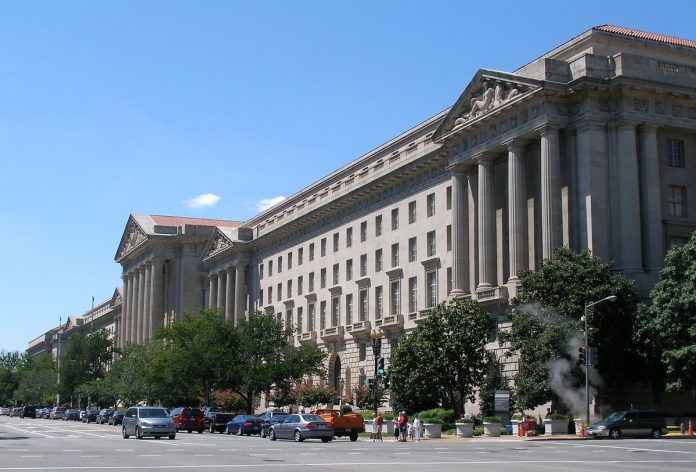The U.S. Environmental Protection Agency (EPA) has begun the process of reversing a rule implemented by the agency under the administration of then President Donald Trump, requiring transparency of the scientific and economic justifications of regulations imposed by EPA to limit air pollution.
The EPA’s “Increasing Consistency and Transparency in Considering Benefits and Costs in the Clean Air Act Rulemaking Process,” also known as the Benefit-Cost Rule, was finalized in 2020 by EPA under the direction of Andrew Wheeler, the agency’s administrator under Trump.
Wheeler claimed the Benefit-Cost rule would promote transparency and prevent other administrations from imposing restrictions that were not developed using transparent science and a careful consideration of the economic impact a regulation intended to limit air emissions would have.
Under the control of the administration of President Joe Biden, EPA has changed its view. In May, the agency announced its Benefit-Cost Rule unjustifiably limits the agency’s ability to protect public health by restricting the use of critical science when shaping future regulations and limits on emissions under the 1970 Clean Air Act.
“[The Benefit-Cost Rule] imposed procedural restrictions and requirements that would have limited EPA’s ability to use the best available science in developing Clean Air Act regulations, and would be inconsistent with economic best practices,” EPA’s press release announcing the policy reversal said. “[EPA] has critical authority under the Clean Air Act to protect the public from harmful air pollution, among other threats to our health.”
‘Pushing Their Extreme Agenda’
In its short time in office, the Biden Administration’s environmental and energy policies have shown disdain for sound science and transparency, says Daren Bakst, a senior research fellow in Regulatory Policy Studies for The Heritage Foundation.
“The Biden Administration has failed to defend the Trump Administration’s EPA science transparency rule, EPA got rid of every member of two legally required science panels in an blatant effort to pick people who support the administration’s regulatory agenda, and now it is rescinding the Benefit-Cost analysis rule,” Bakst said. “The rule they are trying to get rid of promotes open government, transparency, and the public’s right to know.
“The rule EPA is now withdrawing would have helped the public better understand how the EPA makes Clean Air Act decisions and improved the consistency in how the government implements the Clean Air Act,” said Bakst. “But, as we are seeing virtually every day, EPA and the Biden Administration appear more concerned with pushing their extreme agenda than in ensuring the agency is making sound and transparent regulatory decisions.”
Kenneth Artz (kennethcharlesartz@gmx.com) writes from Dallas, Texas.


























